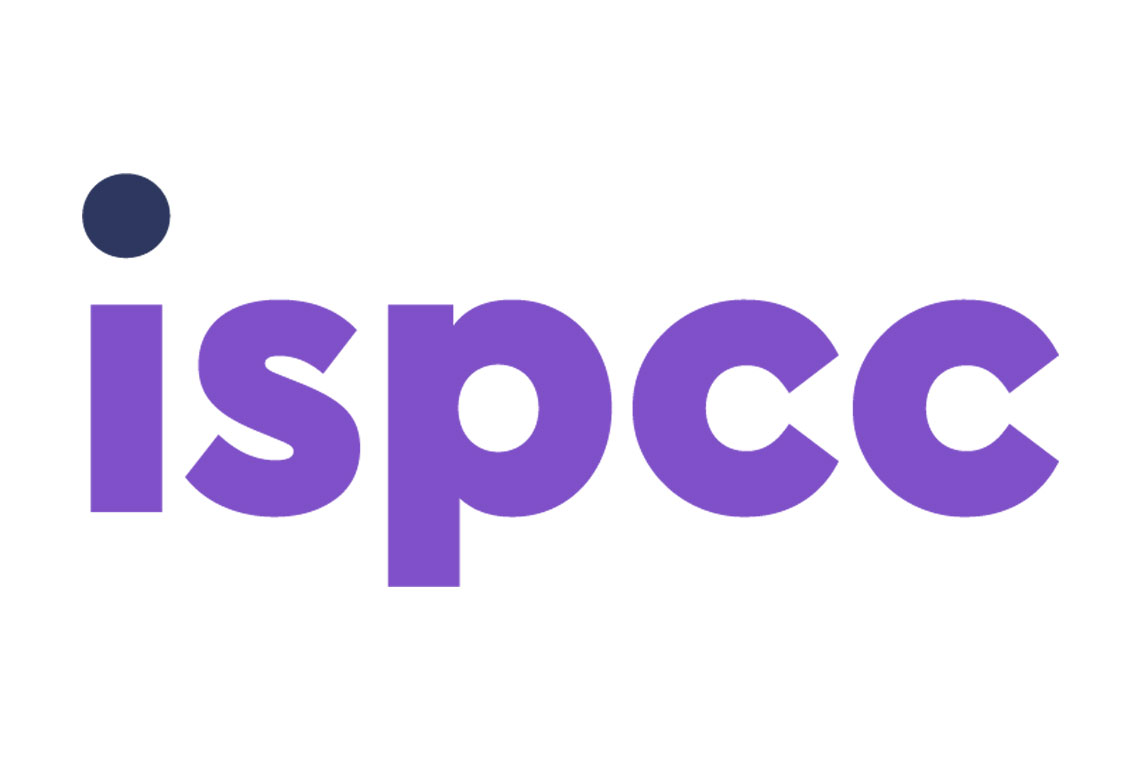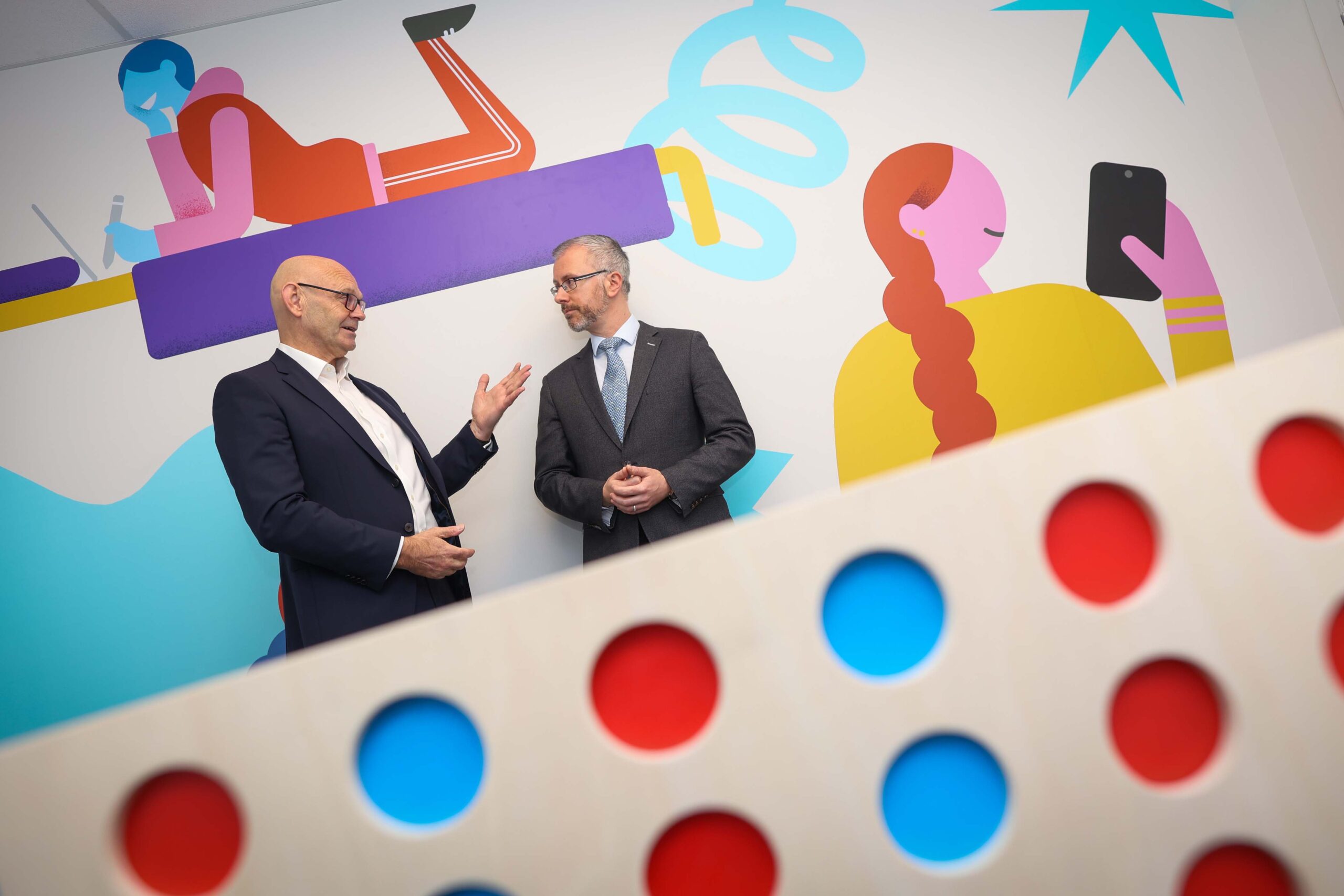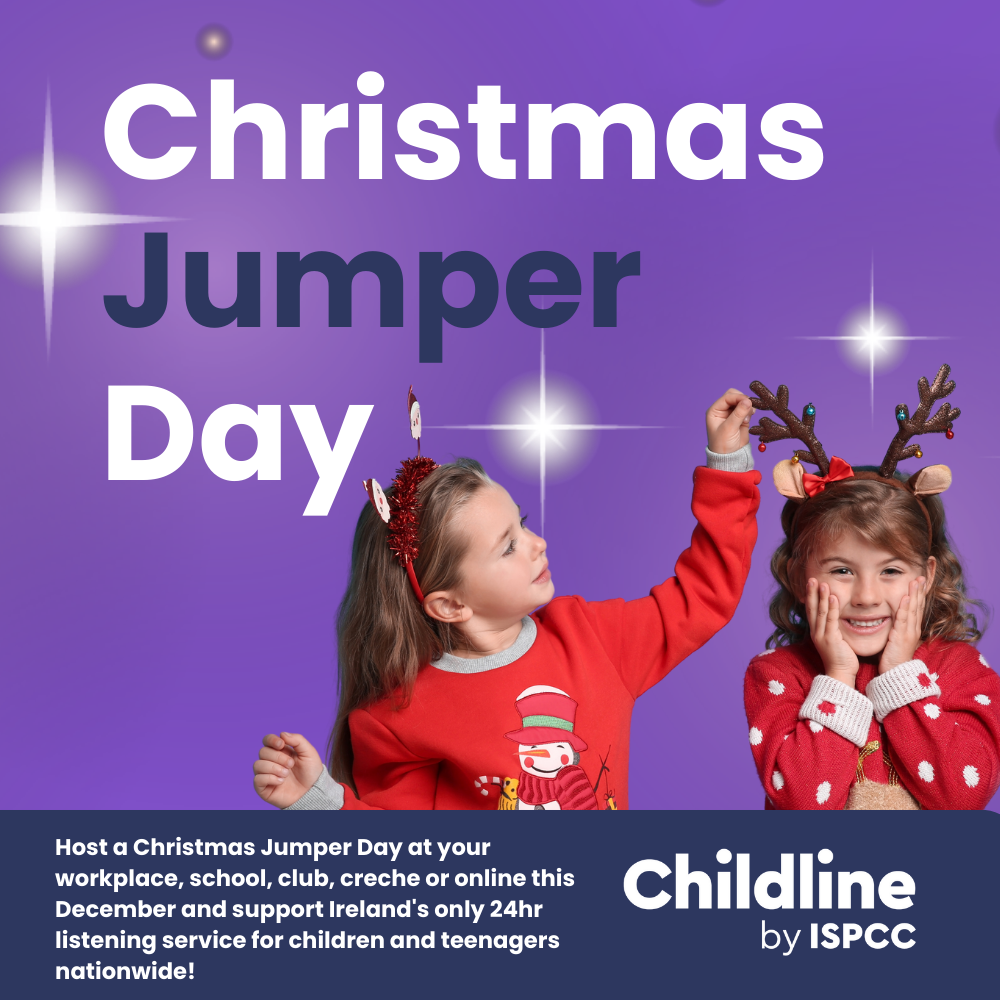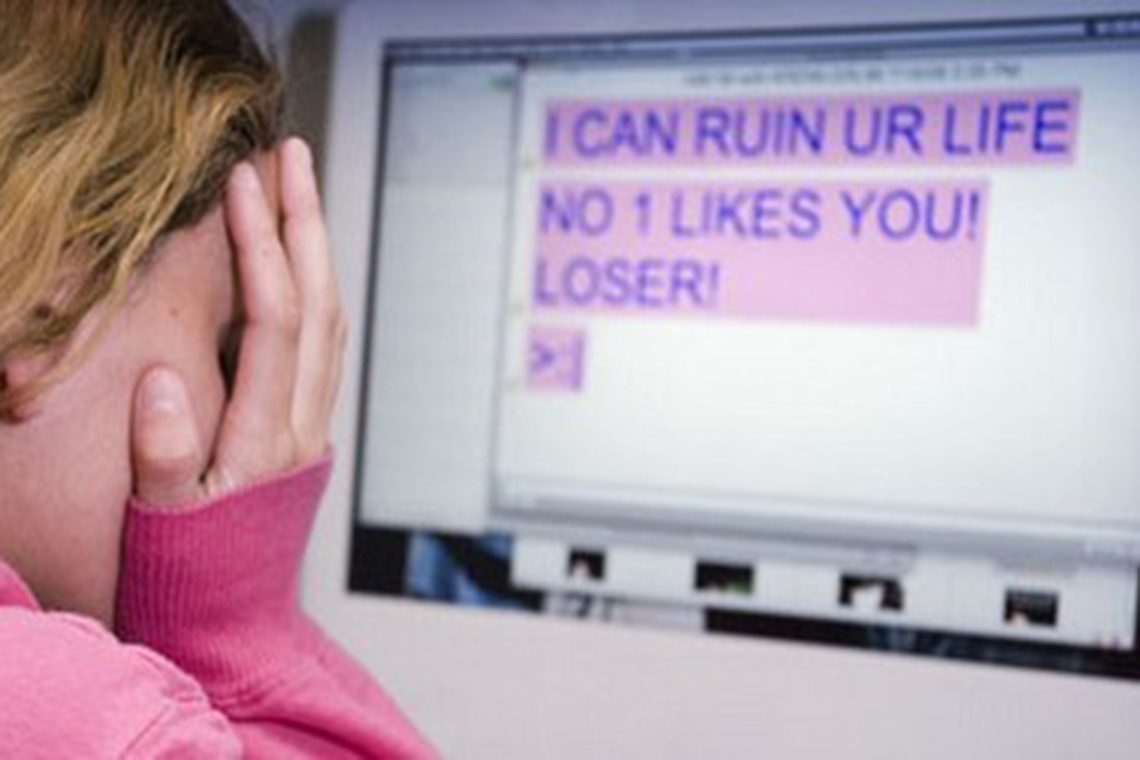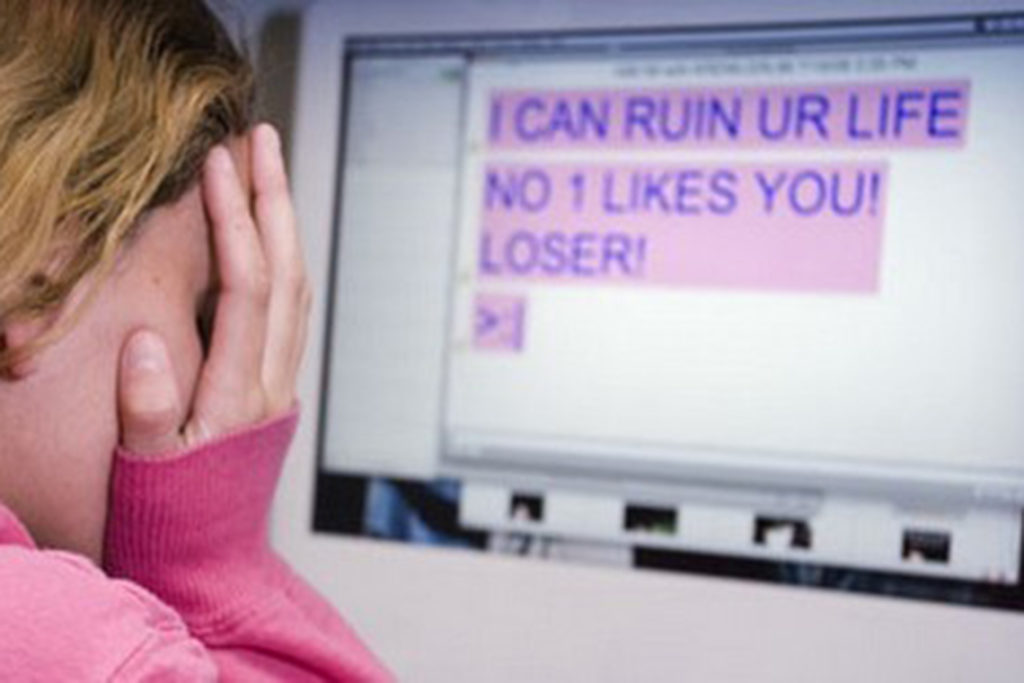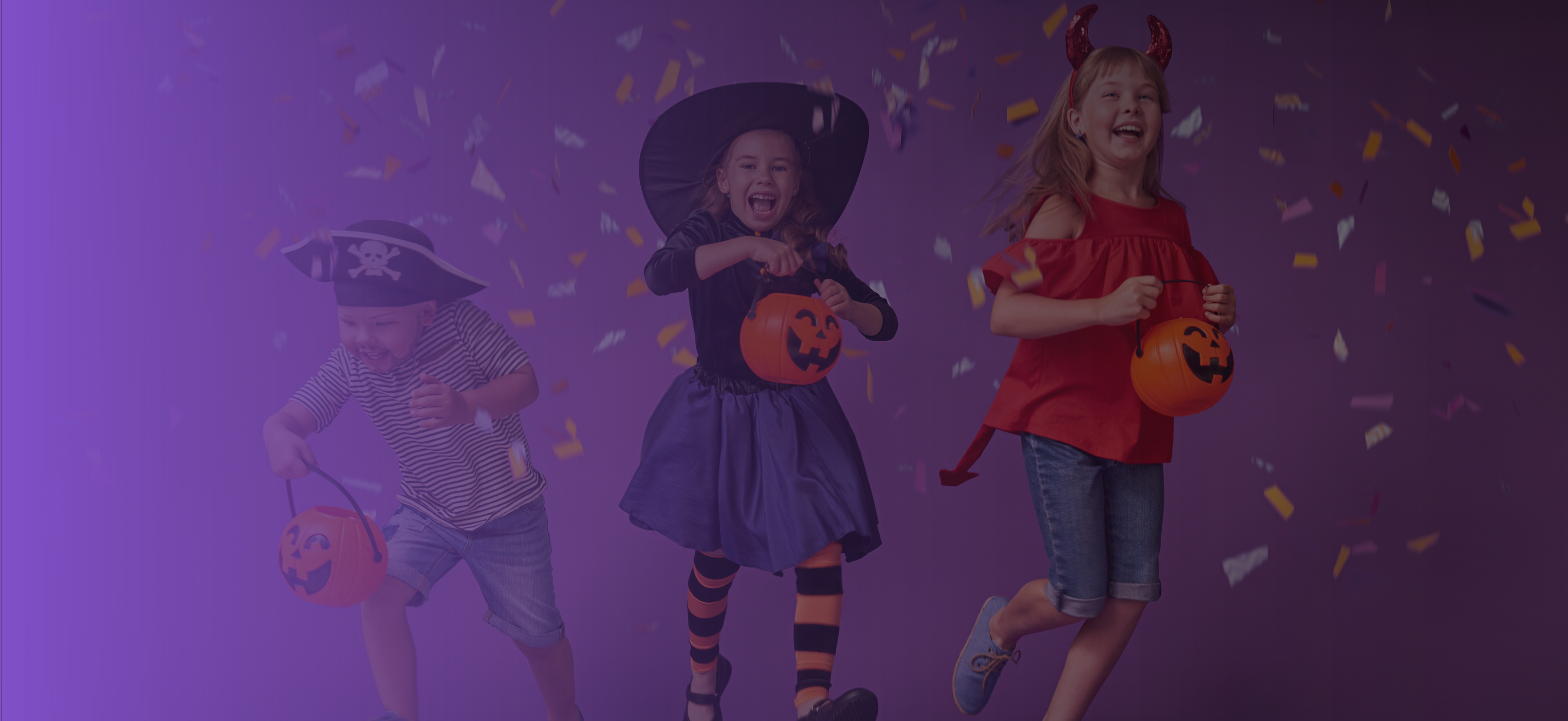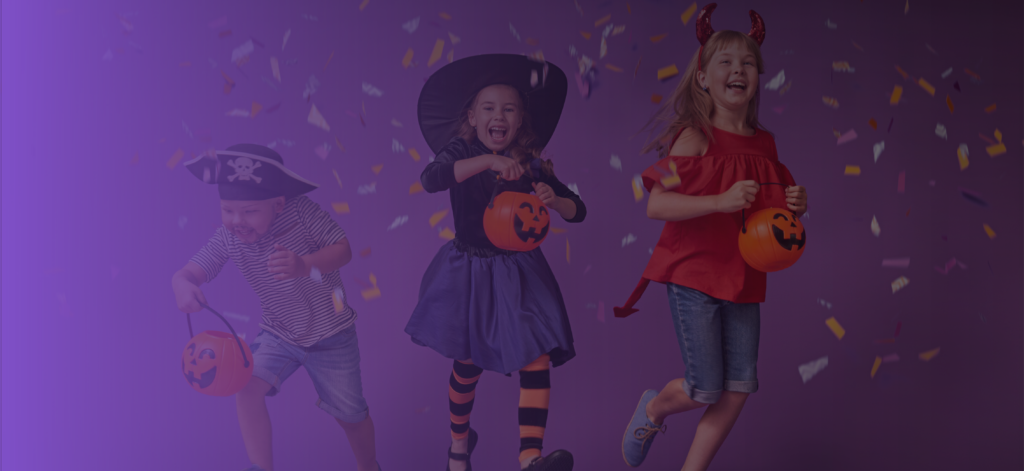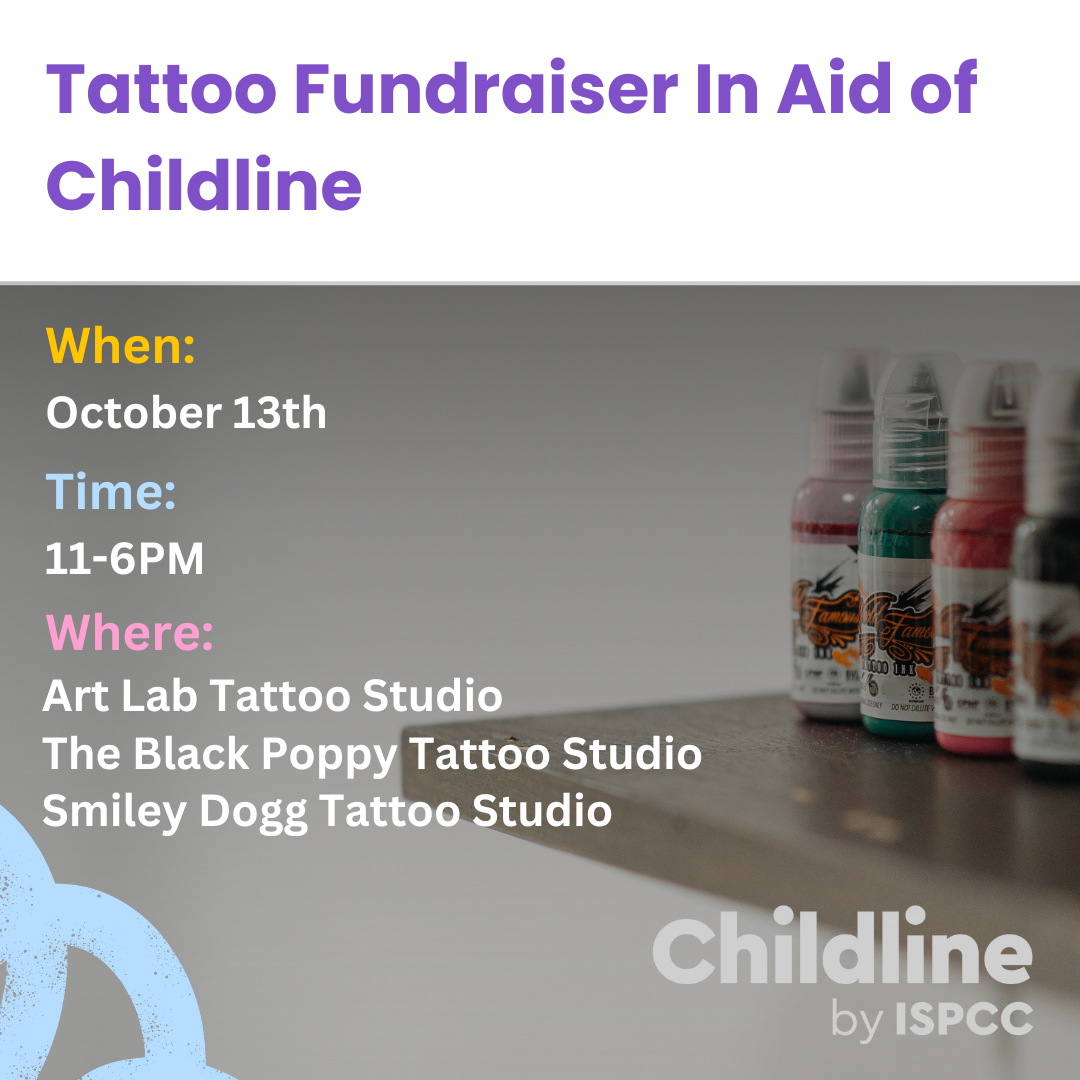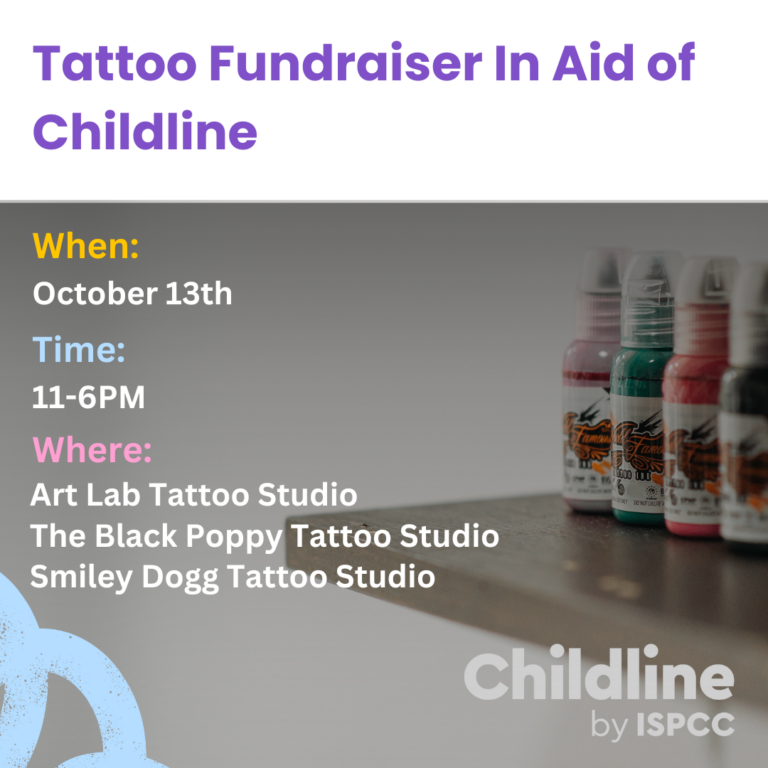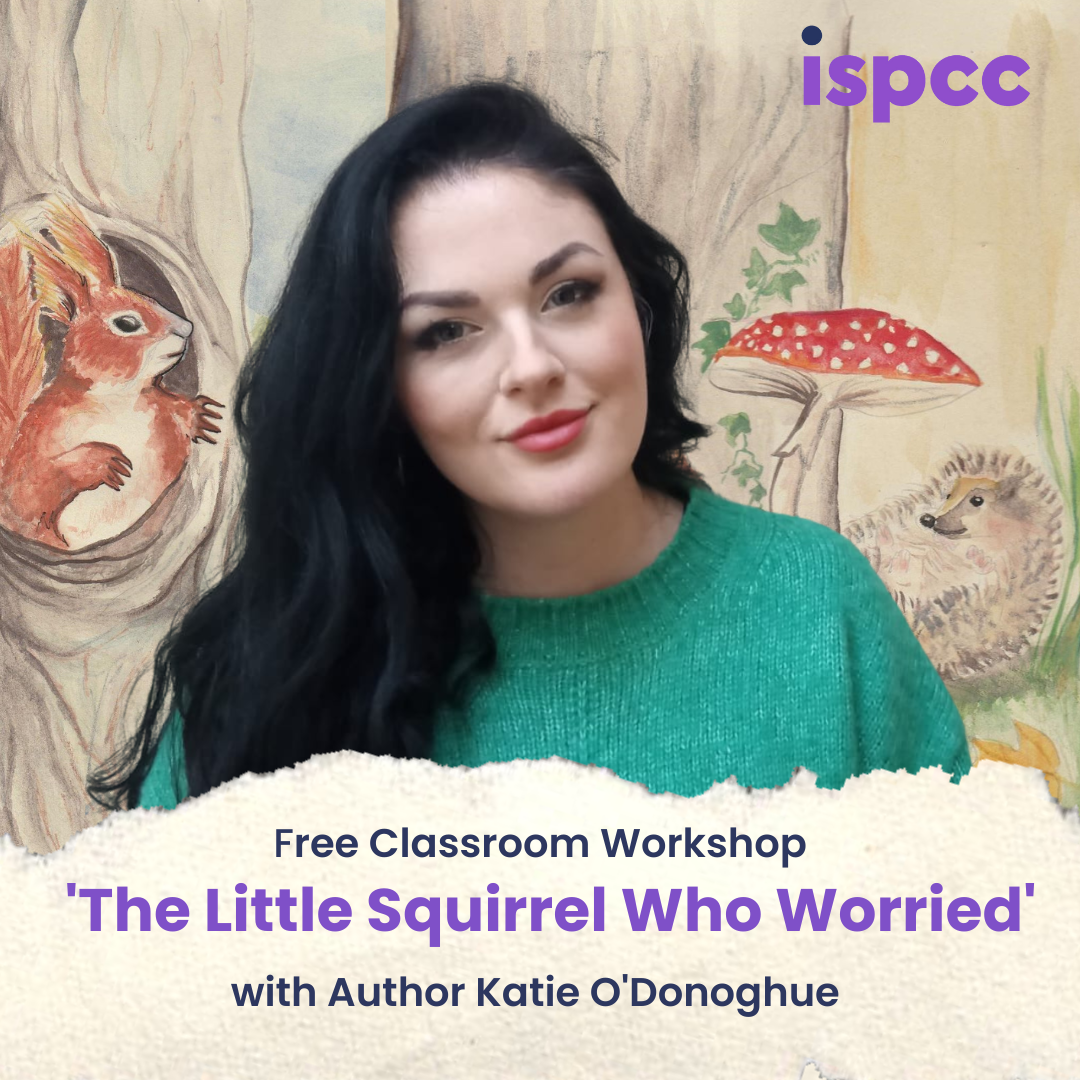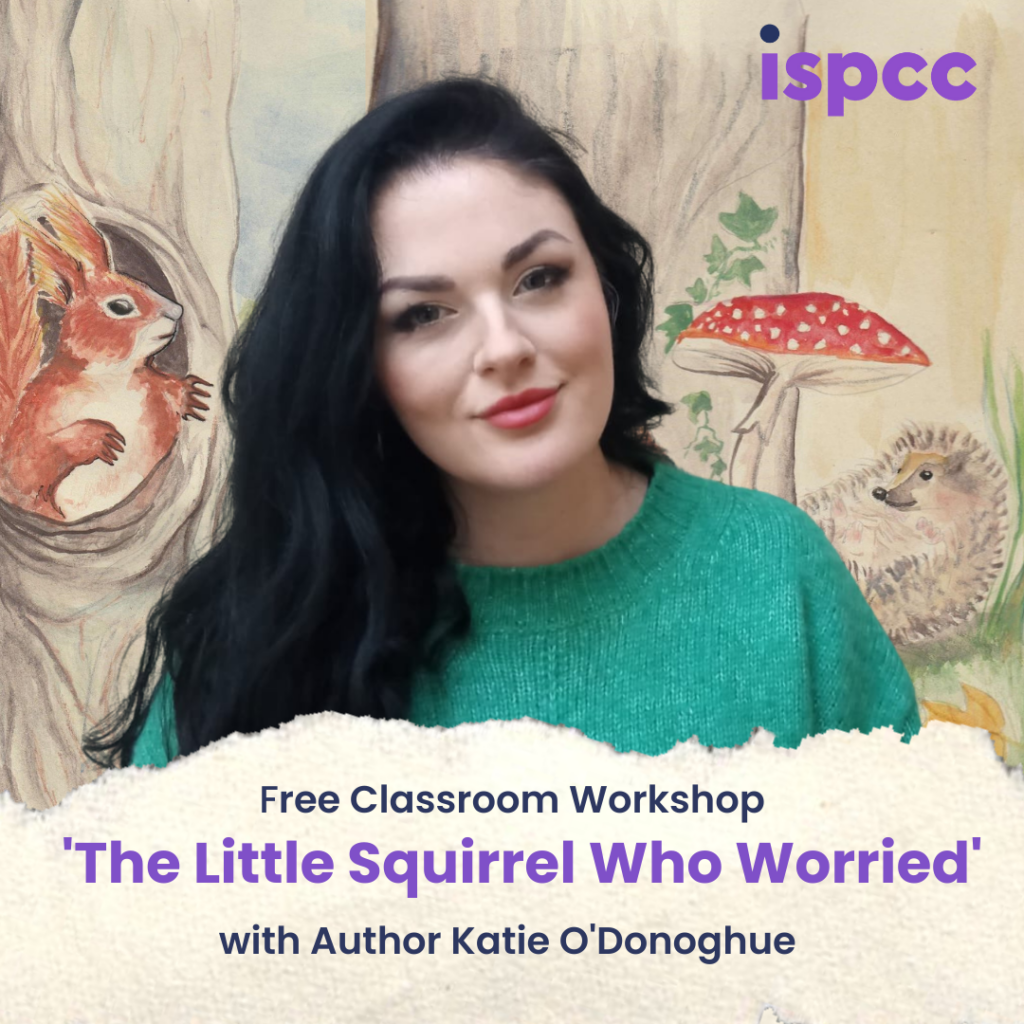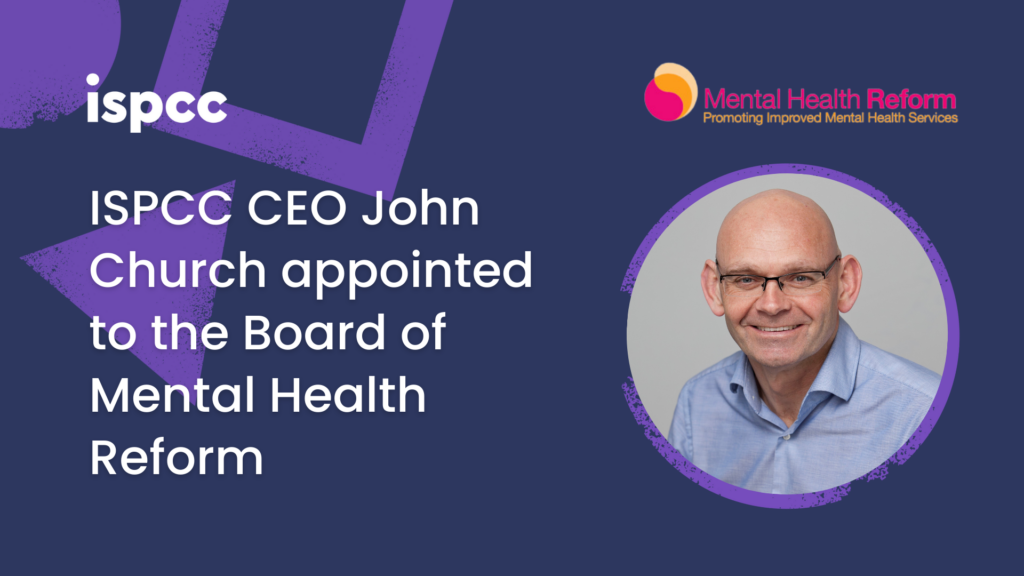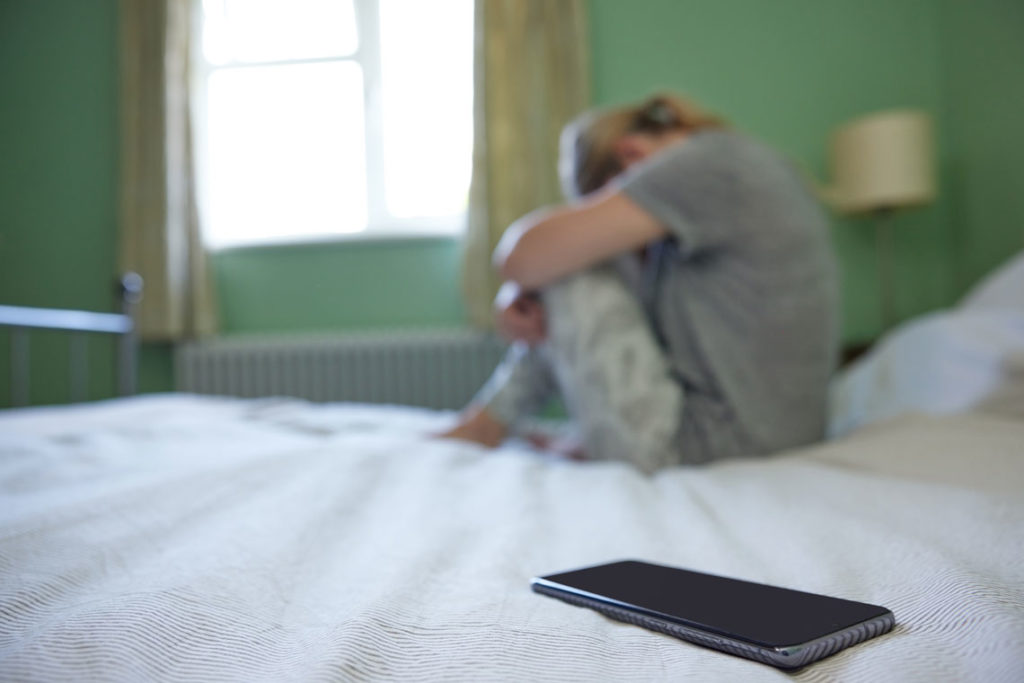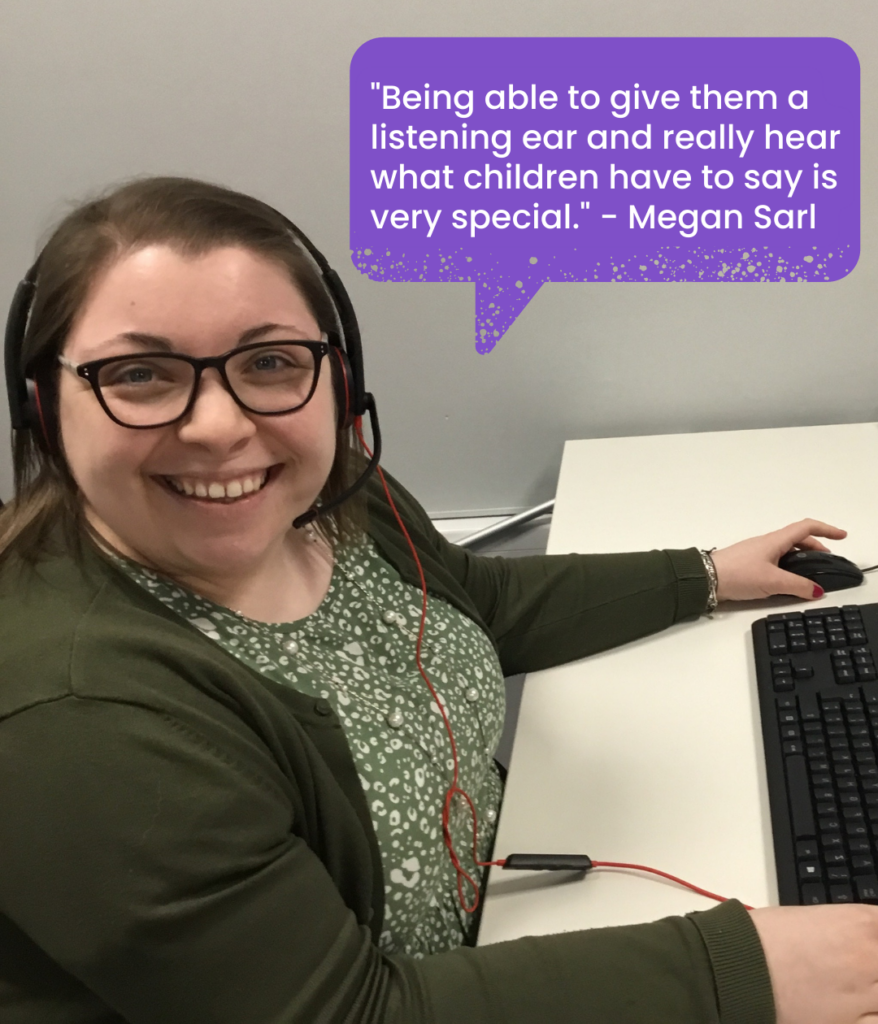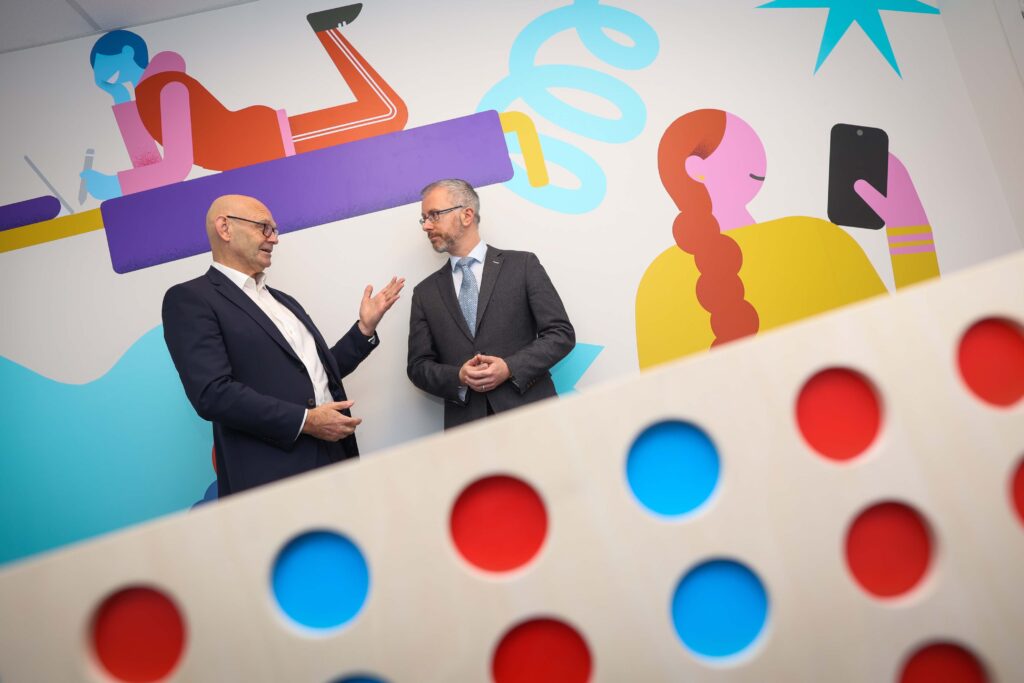
ISPCC CEO John Church with Minister for Children Roderic O’Gorman
For 35 years, Childline has been part of the fabric of Irish society and as we celebrate the opening of our new national hub in Dun Laoghaire with Roderic O’Gorman, Minister for Children, Equality, Disability, Integration and Youth, we remain as dedicated as ever to our mission of supporting children and young people.
ISPCC staff and volunteers are a united team, determined that there will always be someone to listen if a child or young person needs to talk.
John Church, CEO ISPCC said: “Our new national hub is a tangible demonstration of our continuing commitment to the needs of children and young people and reflects our desire to provide the best possible working environment for the teams delivering Childline’s full suite of services. The contemporary space enables us to continue to pursue and deliver a digital-first strategy, ensuring that we are there for every child or young person in Ireland. Anytime and for any reason.”
“The ISPCC has played an important role in the support and protection of children and young people in Ireland over many years. It has created an anonymous and non-judgemental space for children and young people to be heard and to be listened to, and I hope ISPCC staff and volunteers enjoy many productive years in their new national hub,” said Minister O’Gorman.
Staff and volunteers are at the very heart of Childline. They give back in the most generous spirit. One million hours is a phenomenal amount of time, equating to 114 years or 41,666 days. And yet that is the amount of time that ISPCC’s amazing volunteers have dedicated to Childline’s 24/7 listening service.
Val Beegan, a volunteer who has been involved with Childline for over 25 years, says the most crucial issue over the last quarter century is the decline of mental health in children and young people.
Mental health is one of the most common reasons children and young people contact helplines, including Childline, according to the recently published Voices of Children & Young People Around the World global child helpline data report.
In just five days’ time (November 20), it is World Children’s Day, a day to support children’s rights. By then, Childline will have had over 85,000 connections with children and young people since the start of 2023.
“There has never been a more important time than now to prioritise the mental health of young people, as families face financial uncertainty, while young people tackle new levels of social media pressure and are exposed to the reality of wars and a global pandemic at a very early age,” said John Church. Childline can be reached online at Childline.ie or by calling 1800 66 66 66.
Some young people may feel that their issue is not important enough to seek support. But we believe everything in life is worth talking about.
